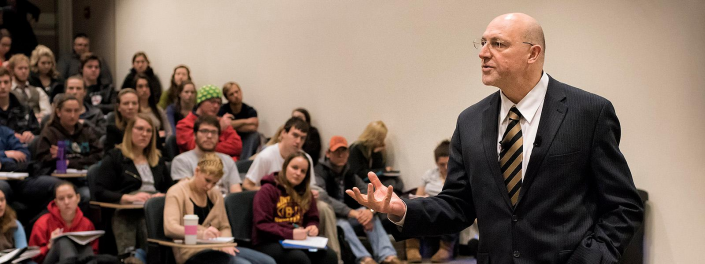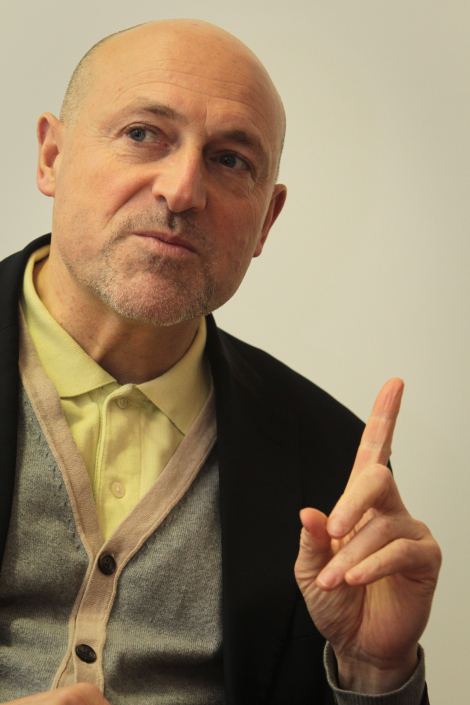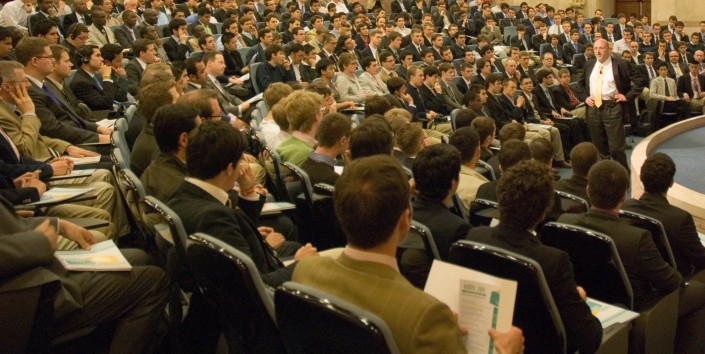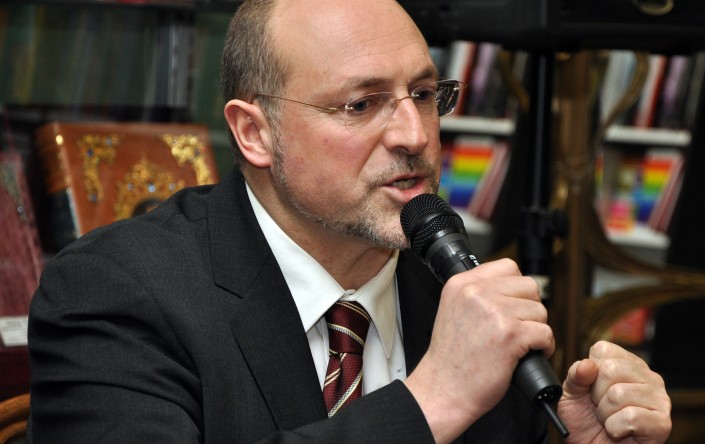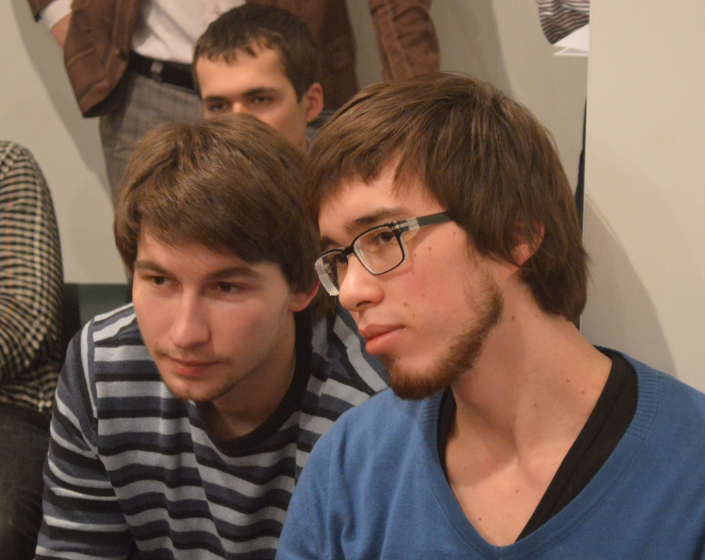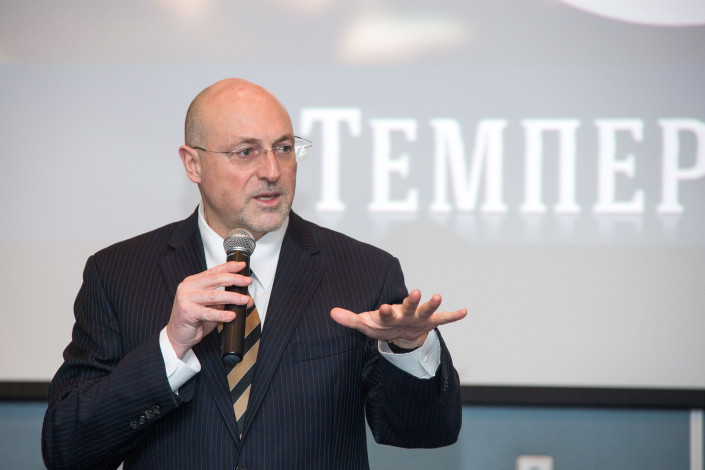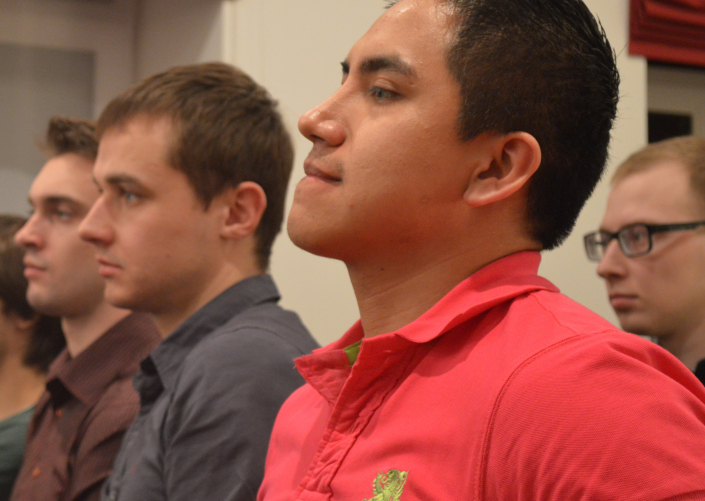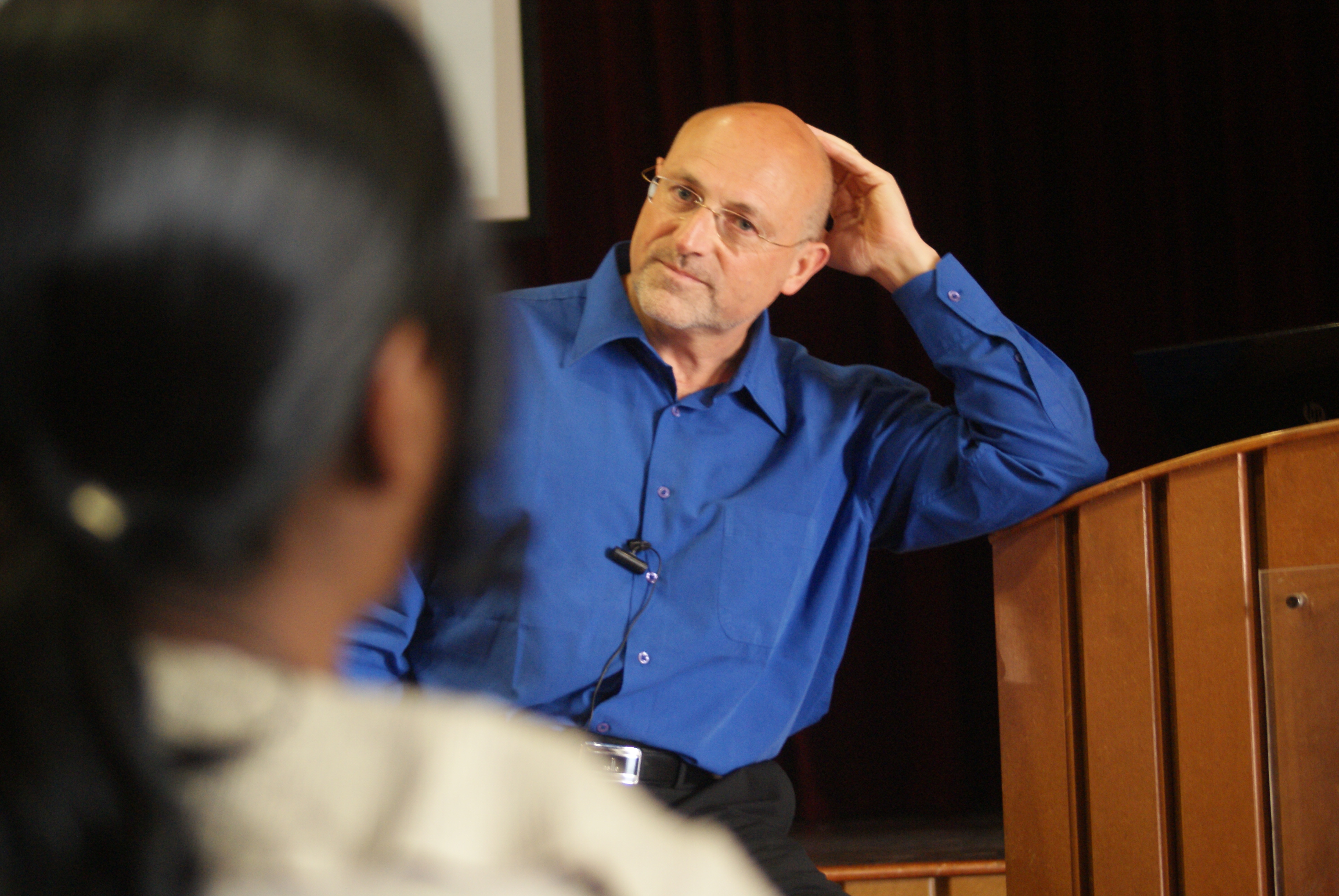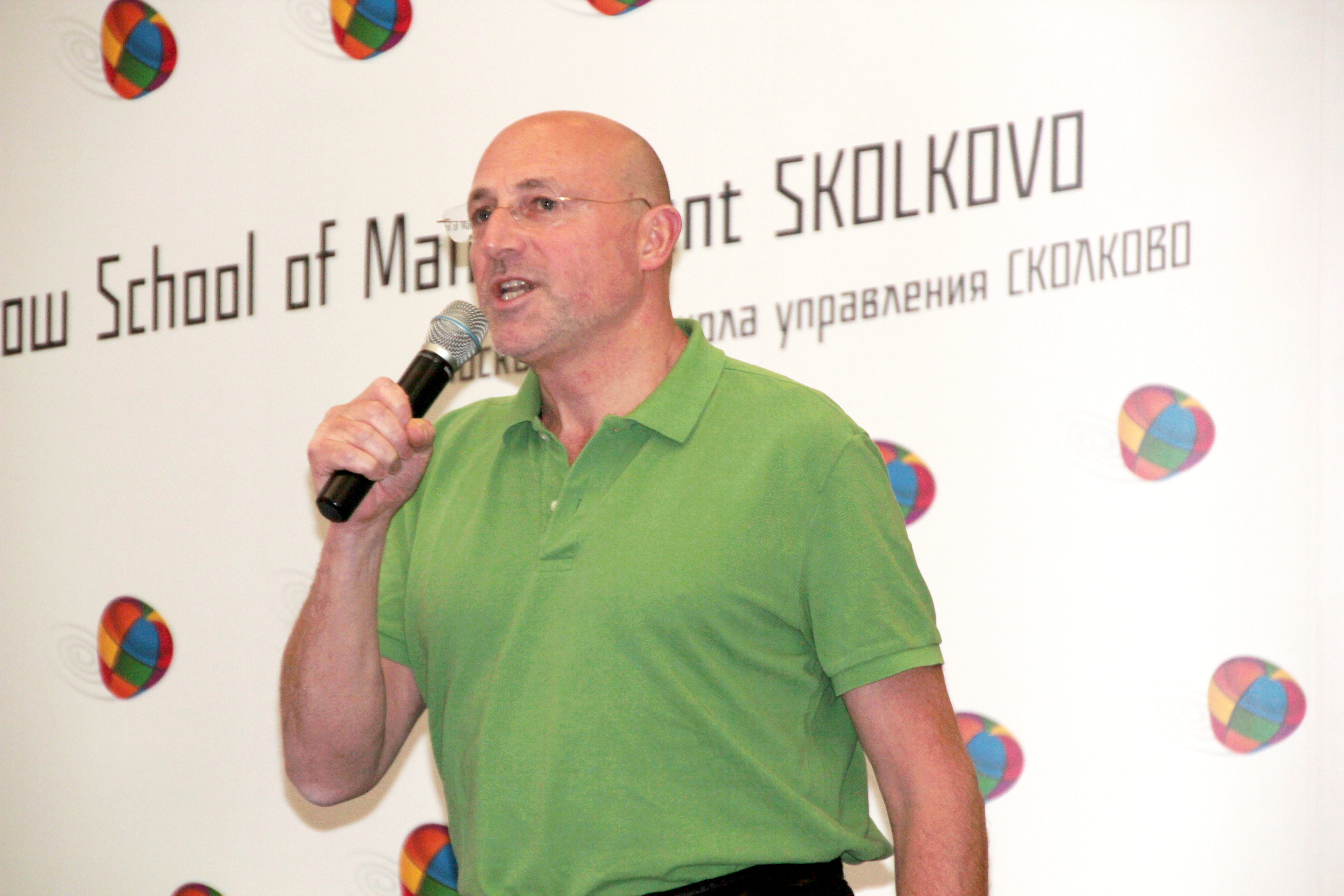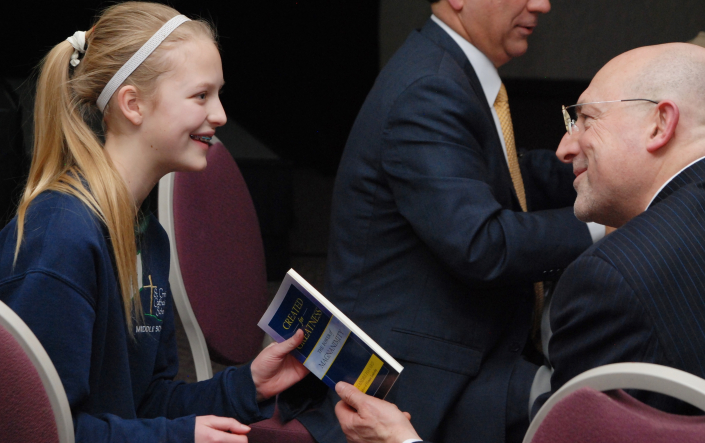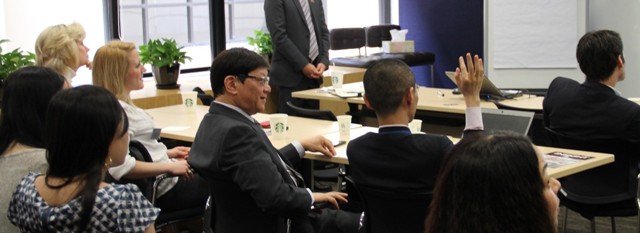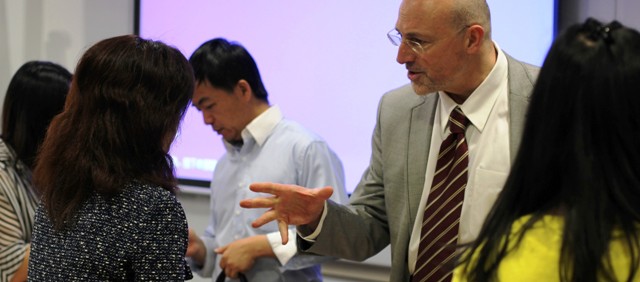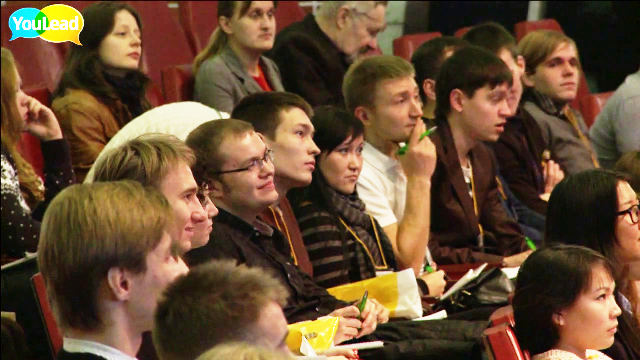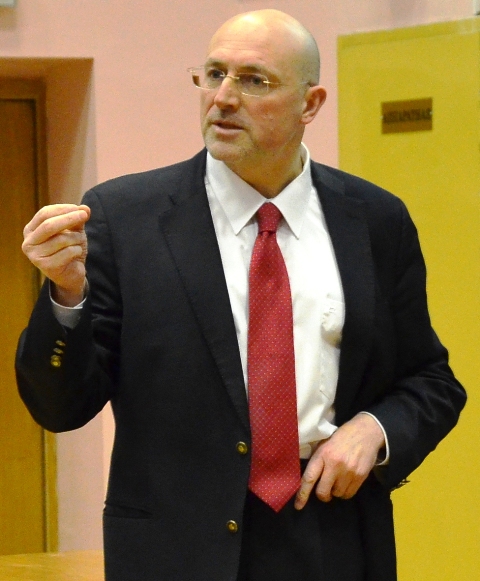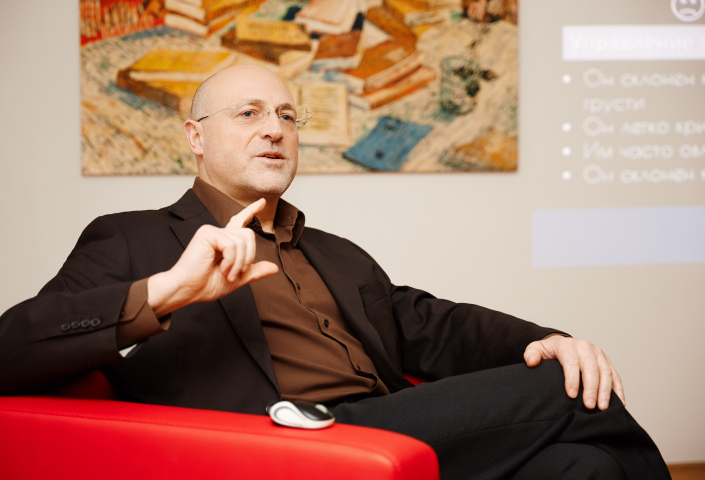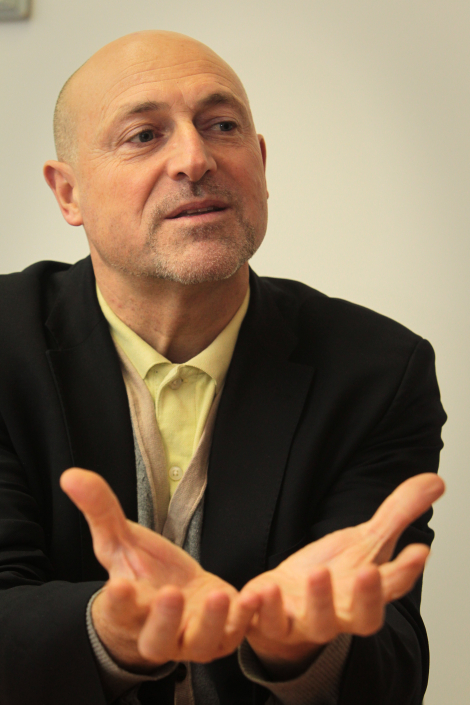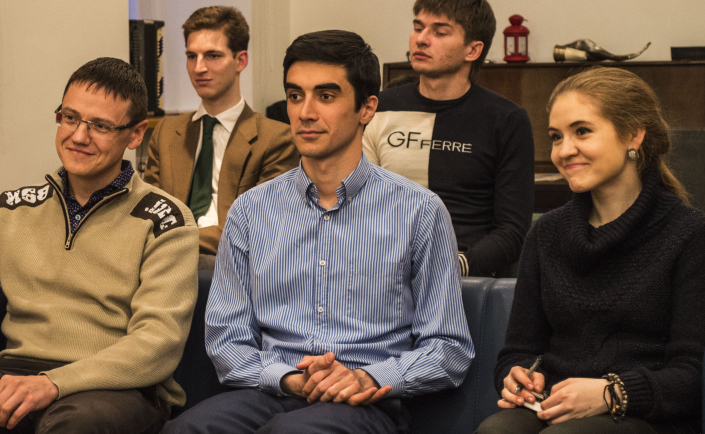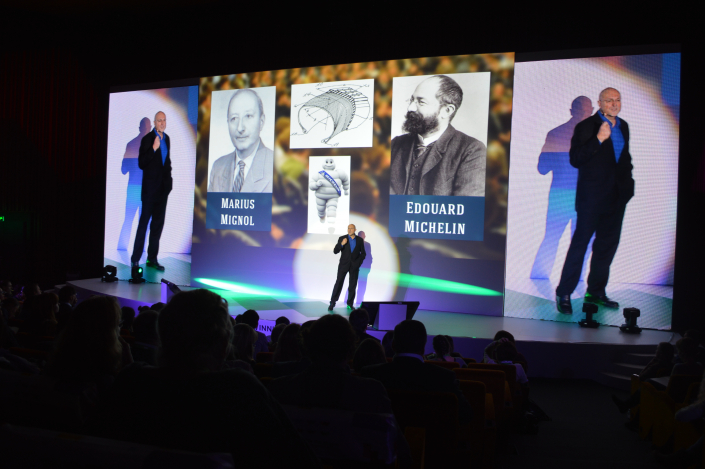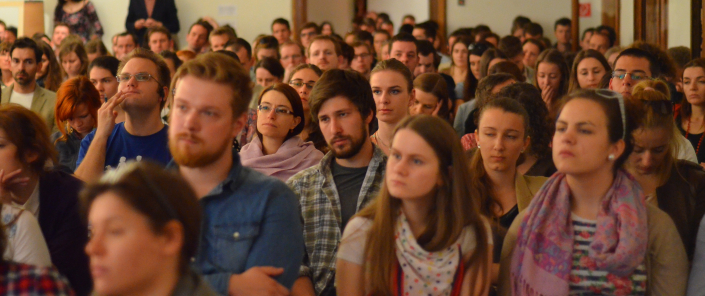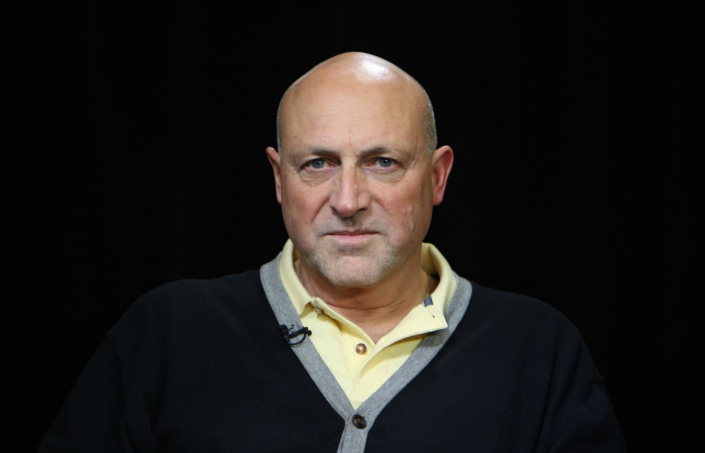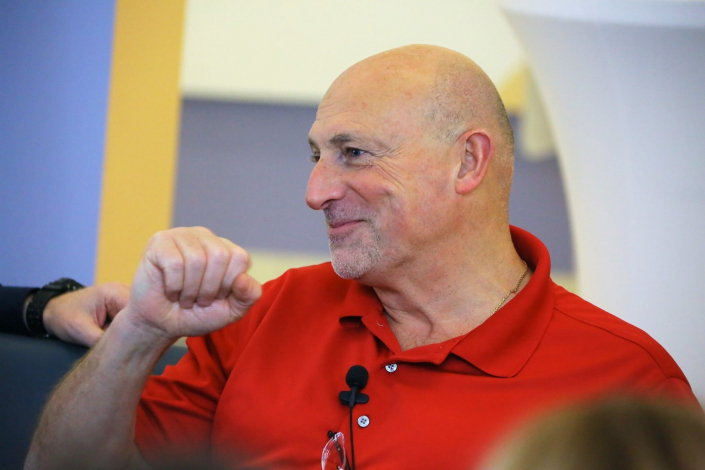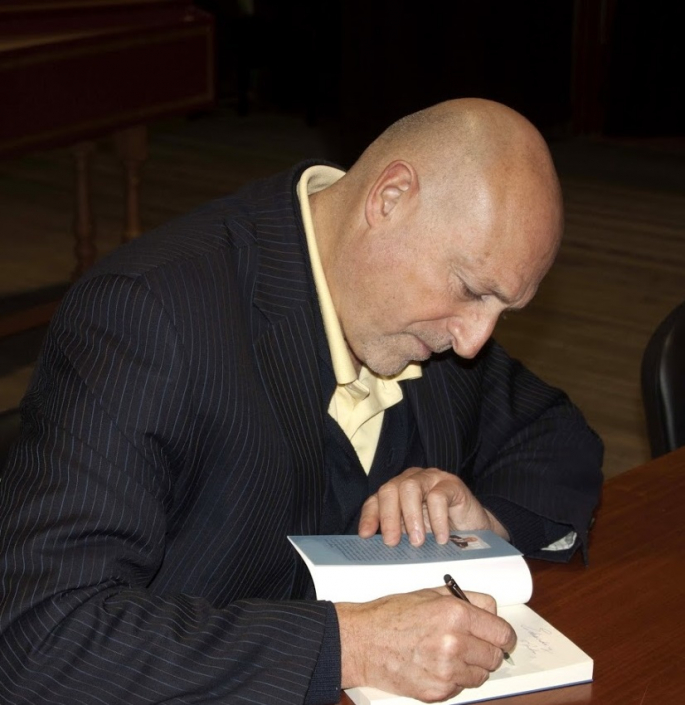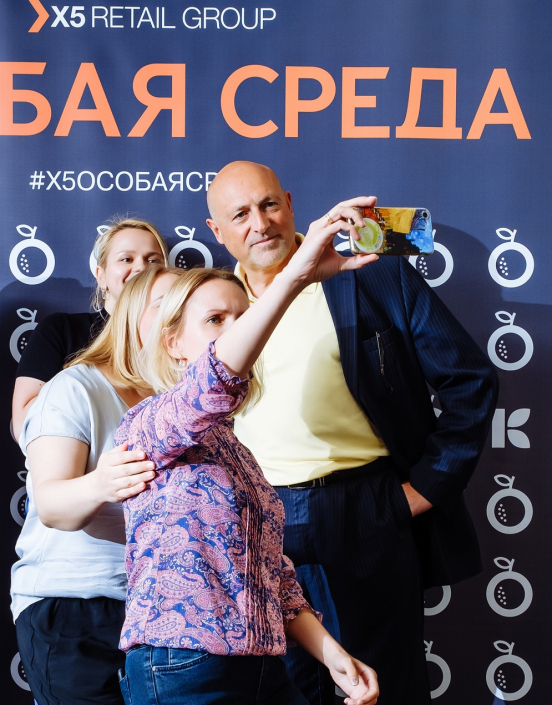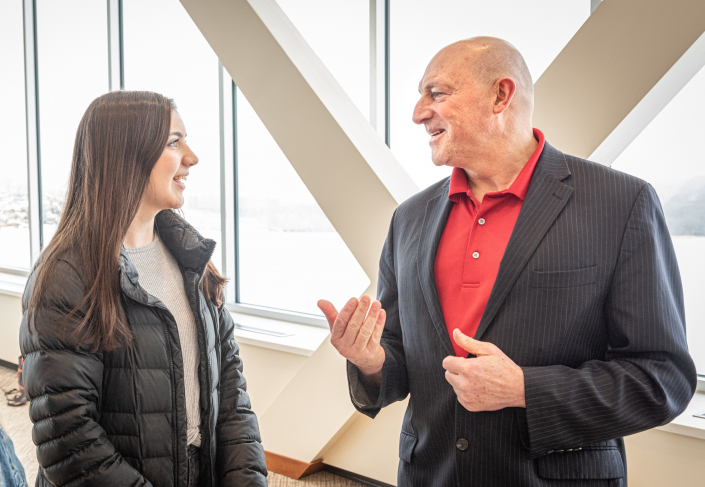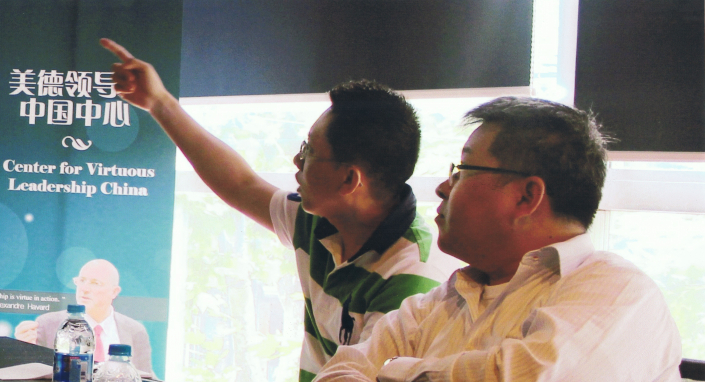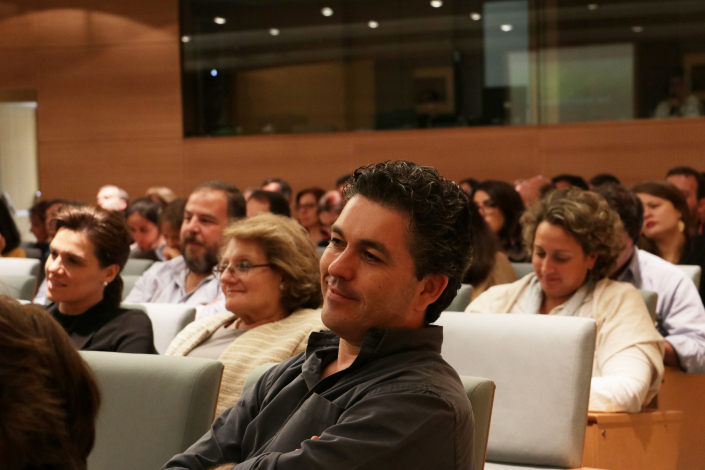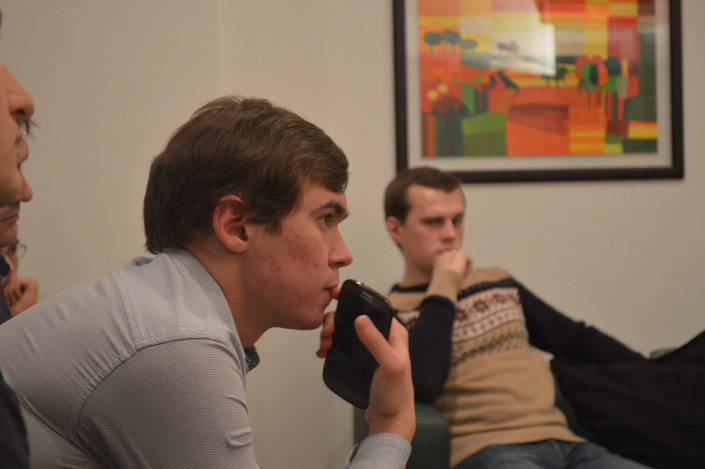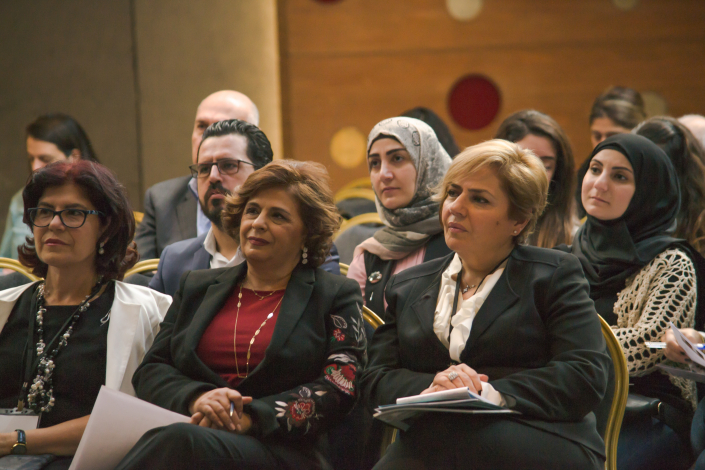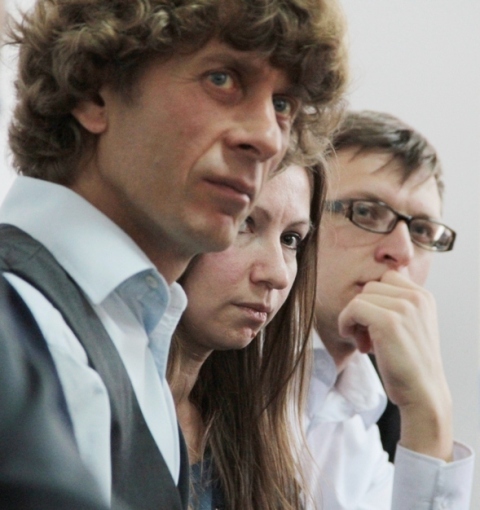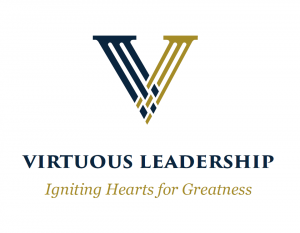
CORPORATE SEMINAR
TRAINER
Alexander Havard is the founder of the Virtuous Leadership System. He was born and raised in Paris, and is a graduate of one of France’s leading law schools (Paris Descartes University). He worked as a lawyer in Europe (Paris, Strasbourg, Helsinki) for a few years before discovering his mission to ignite hearts for greatness and work to raise up a new generation of Virtuous Leaders. His books “Virtuous Leadership”, “Created for Greatness” and “From Temperament to Character” have been translated into 20 languages. Alexander Havard founded several Virtuous Leadership Institutes around the world.
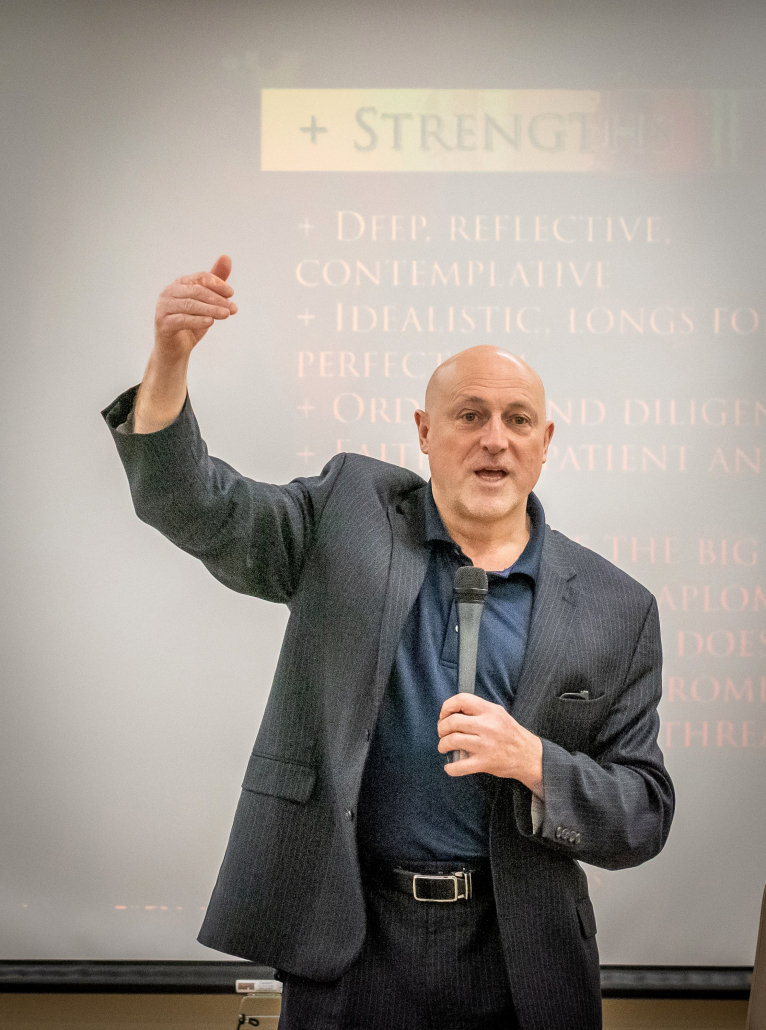
GOALS
Leadership is neither a skill nor a technique but a state of being. It is a question of character, of virtue in action. Adapting basic concepts of classical anthropology to modern organizations, Virtuous Leadership transcends the common perception of leadership as a matter of charisma and personal style and the employment of techniques of persuasion that all too often lapse into manipulation. The program challenges participants to review their assumptions about leadership and their criteria for professional success in light of the classical virtues, imparting a new awareness of virtue as the key to
- Effective decision-making
- The formulation of compelling and realistic strategic plans
- Effective communication
- Winning trust and loyalty
- Motivating others
- Creating a rich and genuine corporate culture
By providing a framework for understanding the classical virtues and a methodology for practicing them, Virtuous Leadership helps participants to acknowledge their strengths and flaws from a leadership perspective and gives them the necessary means to improve – professionally and personally.
CONTENT
Develop your character. Case study “Edouard Michelin” (Michelin group). Michelin’s character and achievements. Limitations and dangers of technical leadership. Virtuous Leadership and management. Case study “Darwin Smith” (Kimberley-Clark). Smith’s character and achievements. The “spiral of growth”: heart, will and mind. Virtuous Leadership and success.
Discover your temperament. Discover the strengths and weakness of your temperament. “Temperament is not an obstacle to leadership, whereas lack of character most definitely is”. Build a self-development strategy.
Rules or virtues? Virtues, not rules, make people great. Corporate Codes of Ethics are a starting point, not a goal. Spiritual freedom, unity of life, practical wisdom, creativity and cultural maturity. Case studies “Chesley Sullenberger” and “Stanislav Petrov”.
Magnanimity and humility. Inclusion, empowerment, collegiality, succession. Case study “Stanley C. Gault”. Case Study “Herb Kelleher”. Case study “The miserable life”. Levels of motivation. Altruistic motivation. “Feelgoodism”.
Your mission. Your story, not your whims, defines your mission. Discover the cultural or social challenge you are called to respond to with passion and dedication. Your mission’s statement. Discover the relation between your personal mission and the corporate mission.

